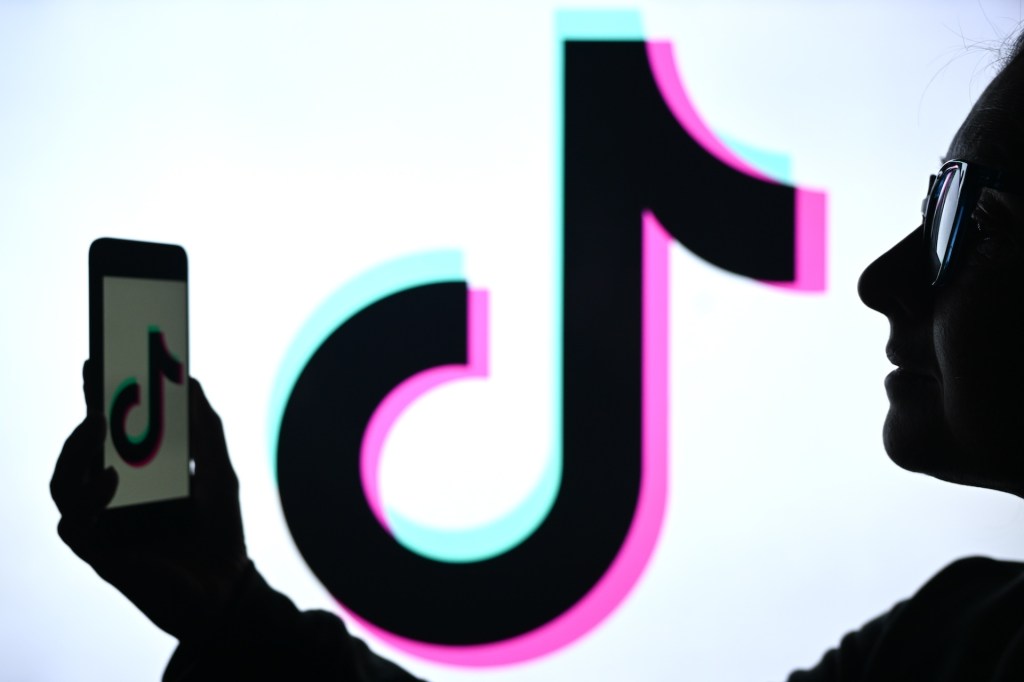In a significant advancement for artificial intelligence integration within web browsers, Anthropic has unveiled a research preview of its latest innovation: Claude for Chrome. This browser-based AI agent, powered by Anthropic’s Claude AI models, is set to transform user interaction by embedding AI capabilities directly into the Chrome browser environment.
Exclusive Access for Early Adopters
Initially, Claude for Chrome is being rolled out to a select group of 1,000 subscribers enrolled in Anthropic’s Max plan, which is priced between $100 and $200 per month. To accommodate growing interest, the company has also established a waitlist for additional users eager to experience this cutting-edge technology.
Seamless Integration and Enhanced User Experience
By installing the Claude extension in Chrome, users gain access to a sidecar window where they can engage in real-time conversations with Claude. This integration allows the AI agent to maintain context across all browser activities, providing a cohesive and intuitive user experience. Furthermore, users have the option to grant Claude permission to perform specific tasks within the browser, streamlining workflows and enhancing productivity.
The Competitive Landscape of AI-Powered Browsers
The introduction of Claude for Chrome marks a pivotal moment in the competitive arena of AI-enhanced browsers. Companies are increasingly focusing on integrating AI agents to offer more seamless and intelligent user experiences. For instance, Perplexity has recently launched its own browser, Comet, featuring an AI agent designed to assist users with various tasks. Similarly, OpenAI is reportedly on the verge of releasing its AI-powered browser, anticipated to offer functionalities akin to Comet. Google has also been active in this space, integrating its Gemini AI into Chrome to enhance user interactions.
Implications of Ongoing Antitrust Proceedings
The race to develop AI-powered browsers is further intensified by the ongoing antitrust case involving Google. A federal judge has suggested the possibility of compelling Google to divest its Chrome browser, a decision that could significantly reshape the browser market. In response, Perplexity has made an unsolicited $34.5 billion offer for Chrome, while OpenAI CEO Sam Altman has expressed interest in acquiring it as well. These developments underscore the strategic importance of browser platforms in the evolving AI landscape.
Addressing Security Concerns in AI Integration
With the integration of AI agents into browsers, new security challenges emerge. Anthropic has proactively addressed these concerns by implementing measures to mitigate risks associated with prompt-injection attacks. These attacks involve embedding hidden code within websites to manipulate AI agents into executing unintended actions. Anthropic’s interventions have successfully reduced the success rate of such attacks from 23.6% to 11.2%, demonstrating the company’s commitment to user safety.
User-Controlled Access and Permissions
To further enhance security, Anthropic has introduced features that allow users to manage Claude’s access within the browser. Users can restrict the AI agent from interacting with specific websites through the app’s settings. By default, Claude is blocked from accessing sites related to financial services, adult content, and pirated material. Additionally, Claude seeks explicit user permission before performing high-risk actions, such as publishing content, making purchases, or sharing personal data.
Evolution of AI Agents in Browser Environments
Anthropic’s journey into AI agents capable of controlling computer interfaces began in October 2024 with the launch of an AI agent designed to operate PCs. However, initial testing revealed limitations in speed and reliability. Since then, significant advancements have been made, leading to the development of more robust and efficient browser-based AI agents like Claude for Chrome. These modern agents are increasingly adept at handling a variety of tasks, although challenges remain in addressing more complex problems.
Conclusion
The launch of Claude for Chrome signifies a major step forward in the integration of AI within web browsers, offering users a more interactive and intelligent browsing experience. As the landscape of AI-powered browsers continues to evolve, companies like Anthropic are at the forefront, navigating the challenges and opportunities that come with embedding AI agents into everyday digital tools.



